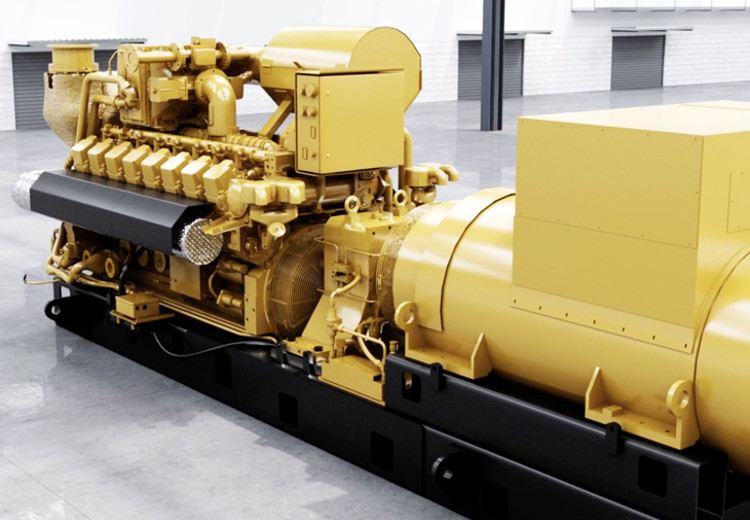Videos
Infineum innovation and technology
31 March 2025
07 November 2023

Over the past years, we’ve been studying the lubrication of gas engines. They come with a long list of challenges, including their remote locations, continuous operation, and harsh conditions. This video follows the journey of an engine oil through a modern gas engine. It demonstrates the key chemical processes additives perform throughout the combustion process, focusing on the critical role Infineum technology plays.
In remote and isolated gas engine operations or an urban CHP (combined heat and power), where power generation uptime is critical, reliable gas engine protection is vital to optimising maintenance schedules and preventing costly unplanned outages. And in the latest gas engines where BMEP (Brake Mean Effective Pressure), power density and thermal loads are greater, gas engine operators demand even higher levels of equipment protection, driving OEMs and engine oil manufacturers to find more robust additive technologies to meet these challenges. Because maximising engine protection, reliability and in-service operation is critical to sustaining profitable business performance.
Infineum premium gas engine oil additive technologies are designed to deliver on these demands, by maximising performance across all types of gas engine operation and delivering reliable viscosity control, along with lower nitration and oxidation, to ensure extended oil service life. Over the life of an engine, viscosity control can also help improve energy efficiency and emissions output performance, reducing nitrogen oxides and carbon dioxide.
Infineum gas engine additive technologies help protect both gas engines and the environment. These advanced additive technologies deliver maximum protection against component wear and corrosion under extreme operating conditions and keep critical engine components clean and deposit free. Powerful Infineum detergency and antiwear technologies are designed to significantly reduce exhaust valve recession and prevent valve torching or guttering when engines are running on sour or biogases, such as landfill or sewer gases containing highly corrosive hydrogen sulphide or siloxanes, which on combustion can turn into silica deposits on cylinder heads and valves, causing wear, corrosion, component damage, and unplanned downtime.
In these extreme operating conditions, base and acid number control are critical for neutralising acids and maximising engine protection over extended oil drain intervals. Infineum deposit control technology minimises piston ring sticking and protects rings from wear. Protection of the piston rings minimises blow by, reduces the amount of nitrogen oxides entering the oil sump, decreases nitration and oil degradation and maximises long-term engine component protection and reliability.
Infineum advanced additive technologies minimise the impact of oxidation and nitration, improving oil durability, engine reliability and protection. Powerful base number content neutralises combustion acids, reducing component wear and advanced detergent and dispersant technologies prevent harmful deposit formation and sludge build up. While antioxidant and antinitration technologies ensure viscosity stability across extended oil drain intervals. Infineum delivers world-class proven gas engine performance and protection in severe continuous peak operations under demanding conditions, and when running on the harshest of gaseous fuels. Infineum delivers maximum engine protection, reliability and uptime in remote operations and when power generation uptime is critical, and that means downtime is not an option.
Sign up to receive monthly updates via email